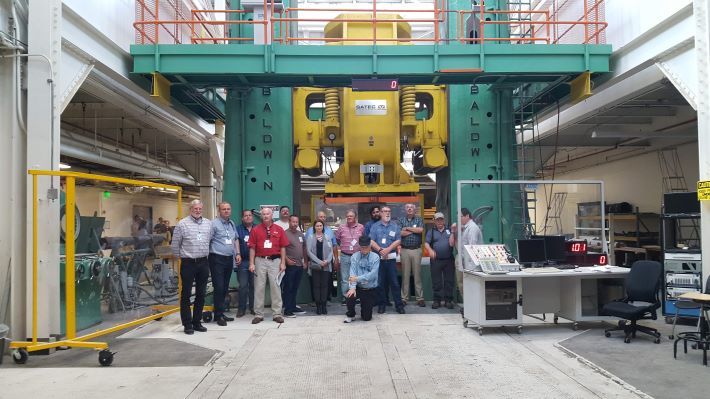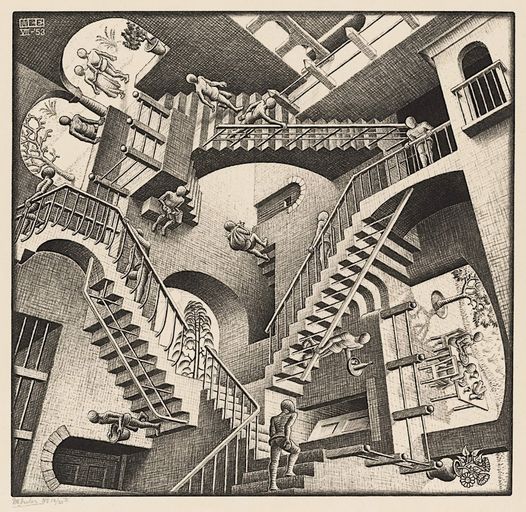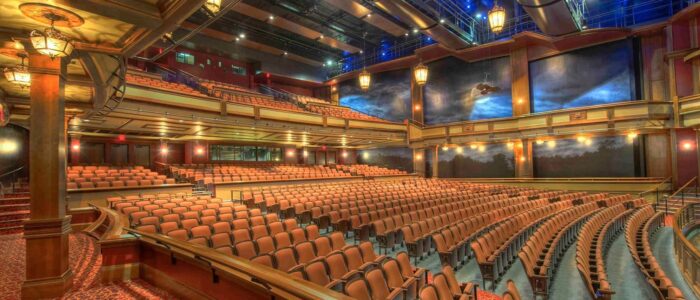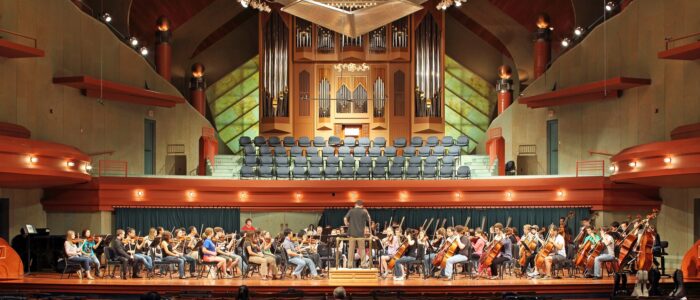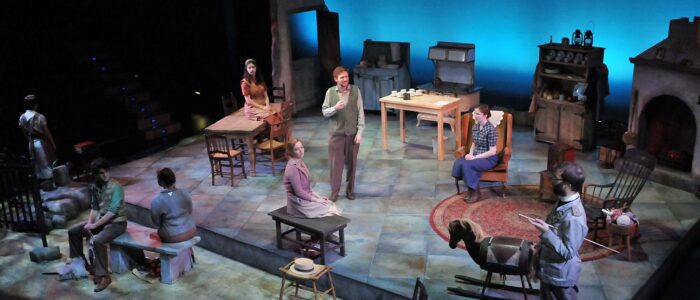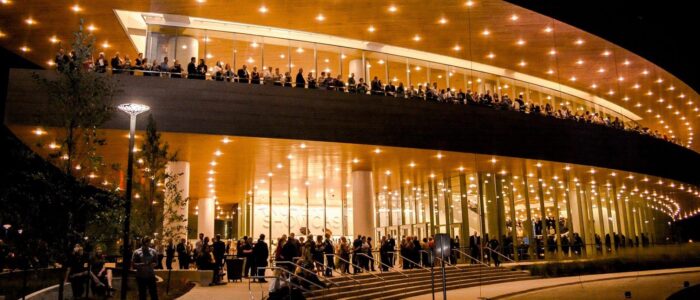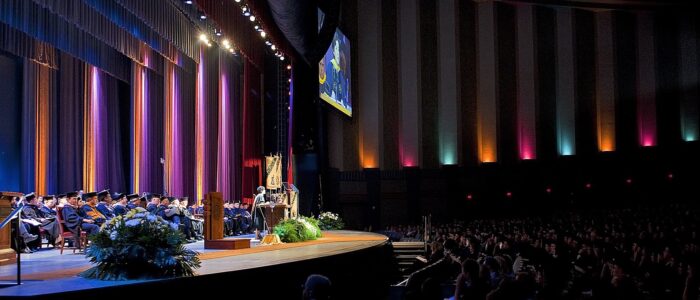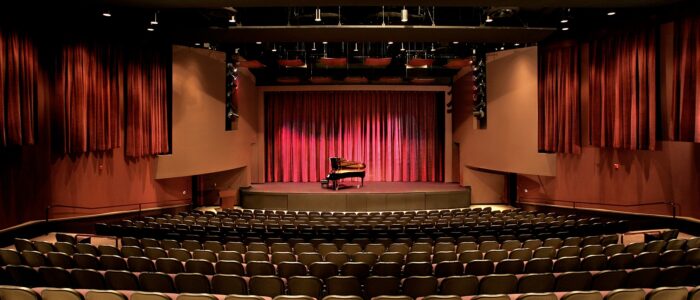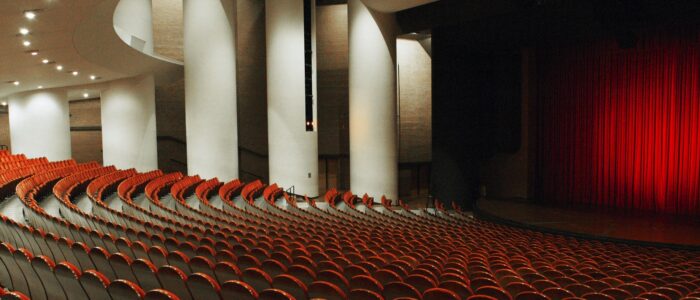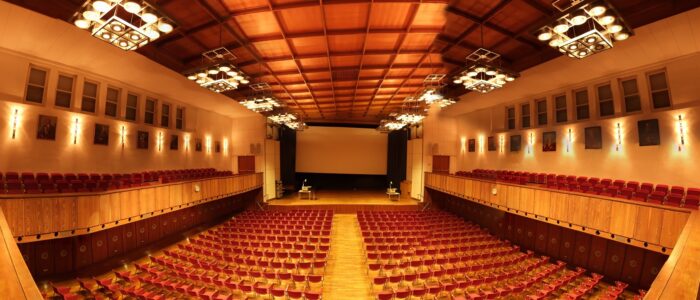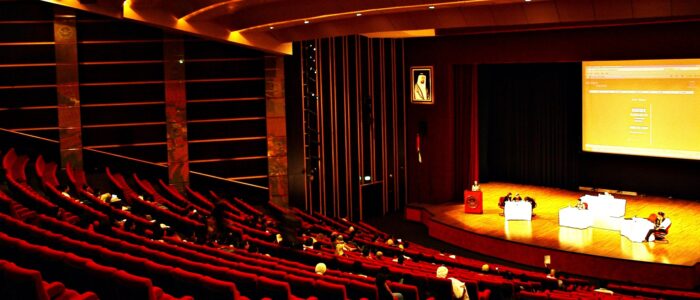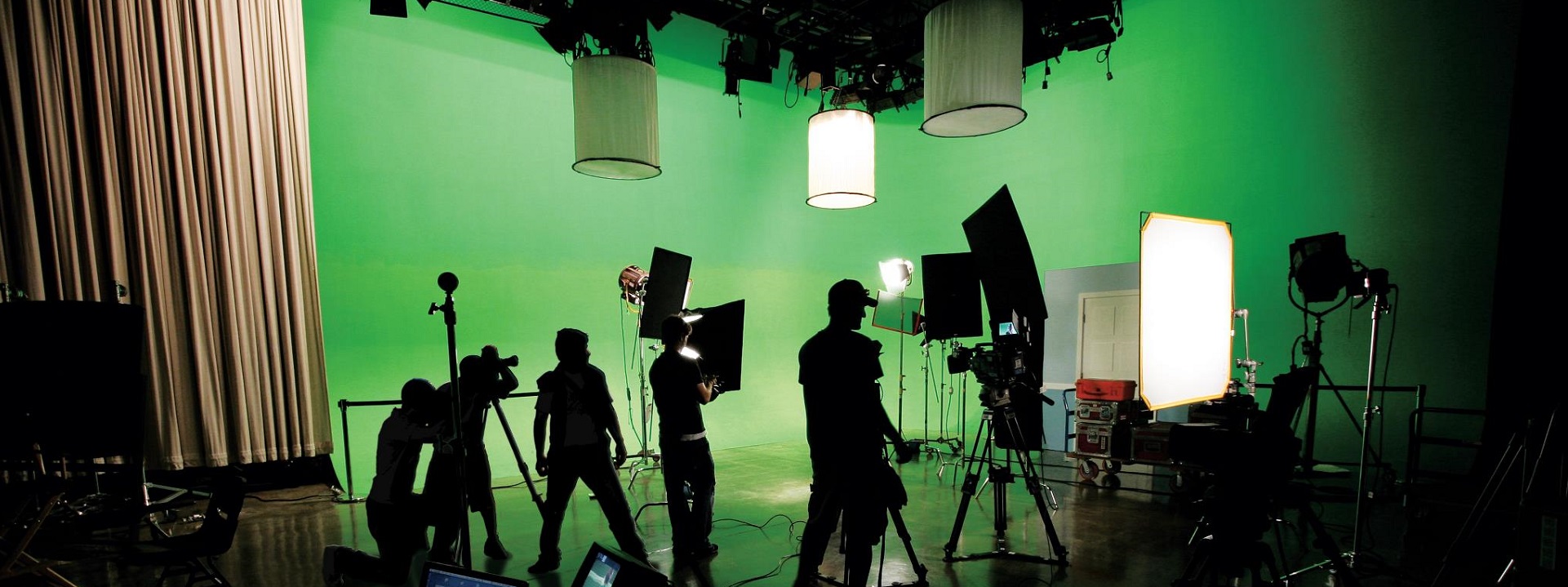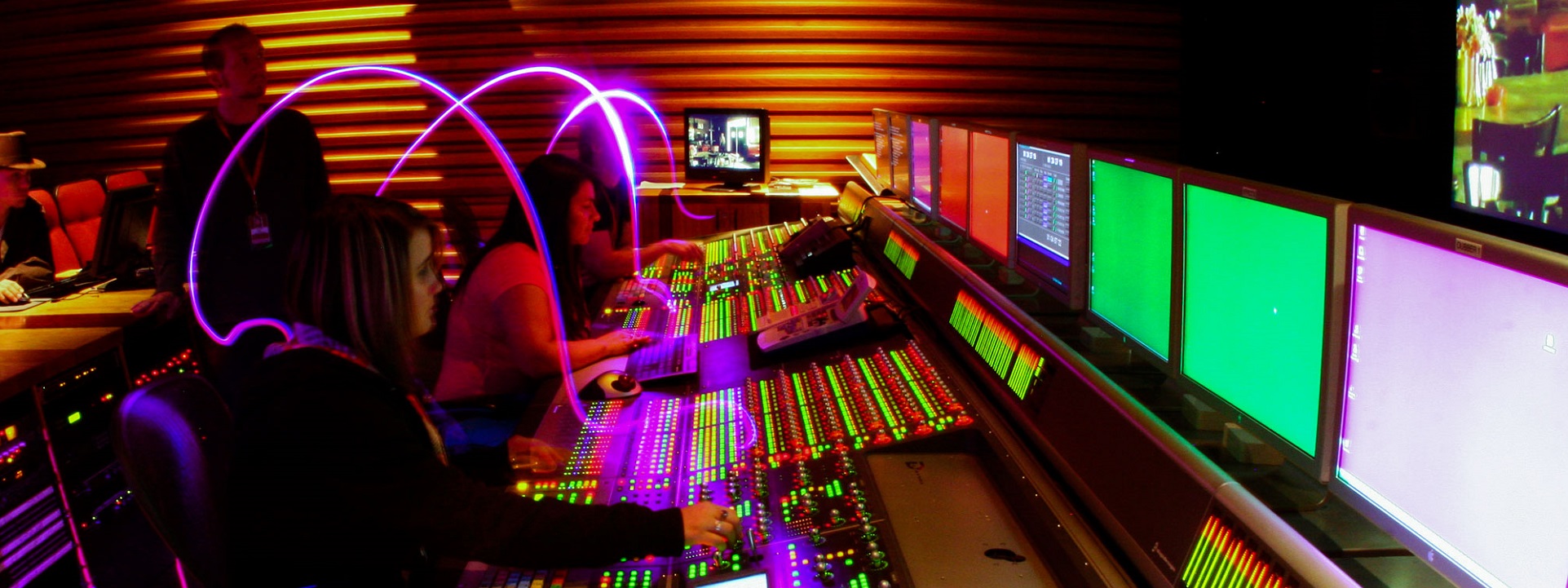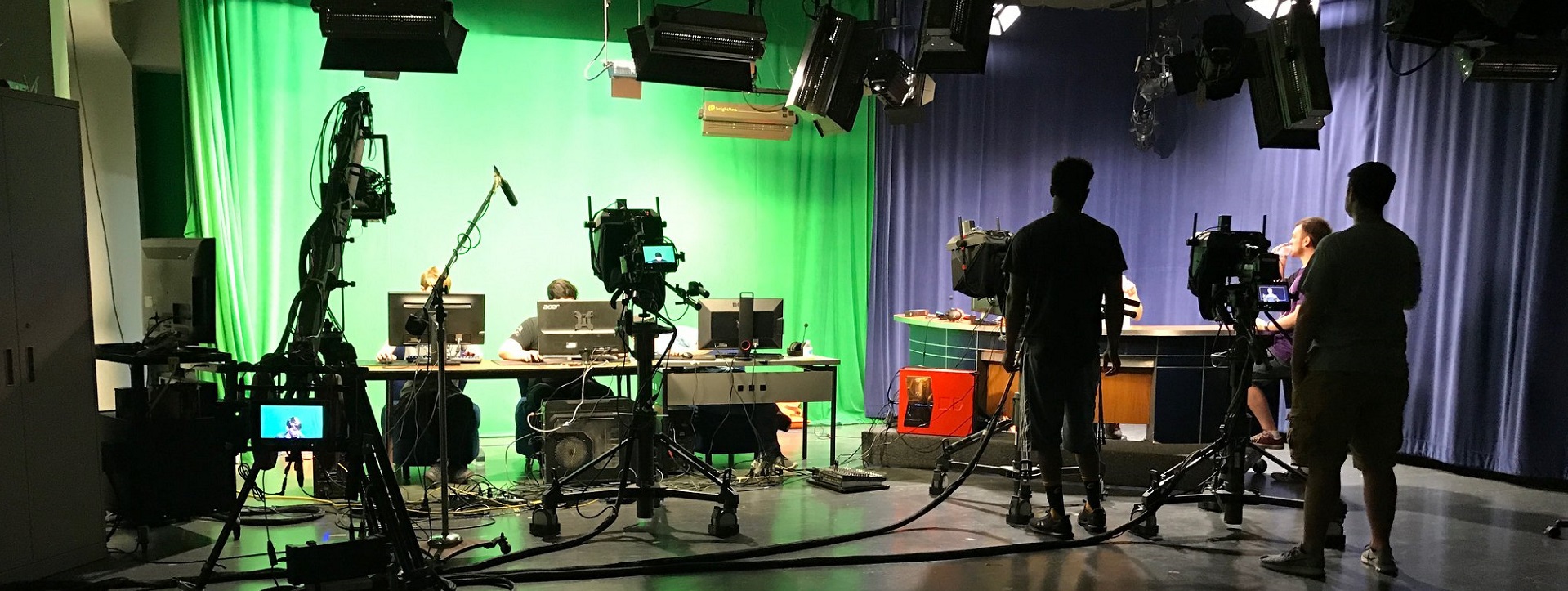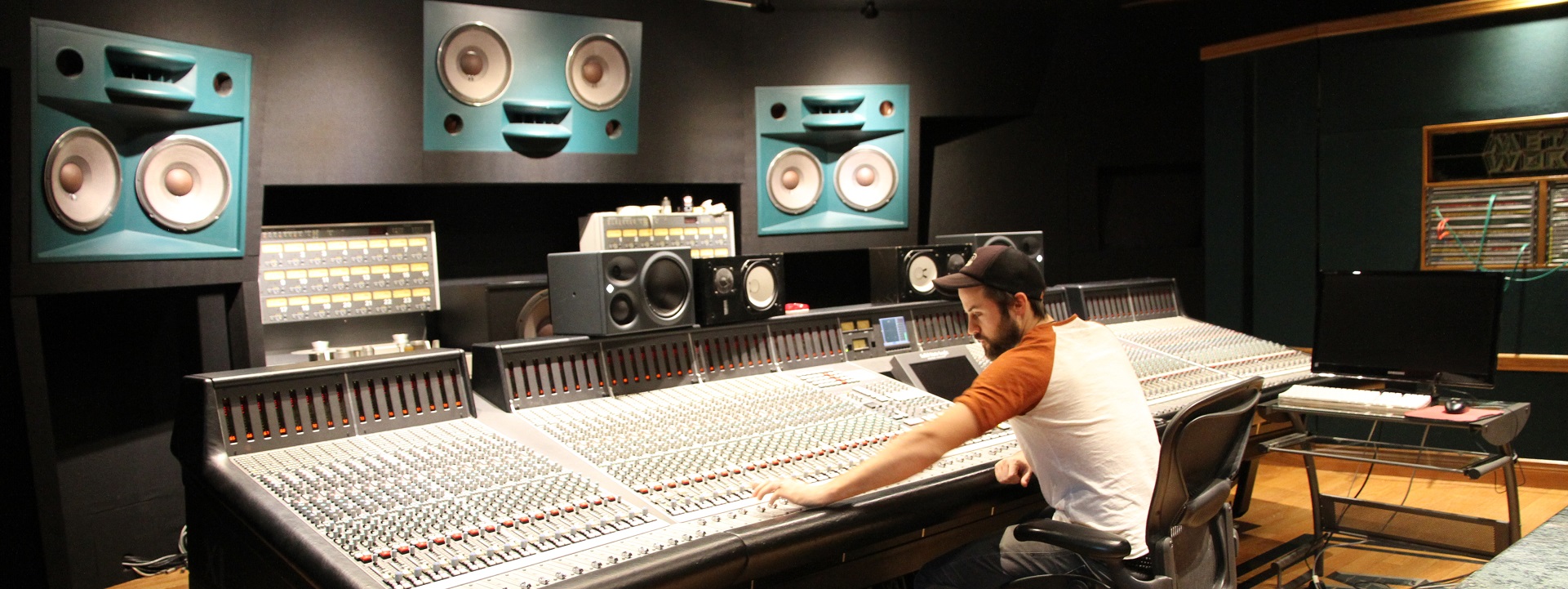Open agenda; Not Too Organized. Whatever anyone wants to talk about. We do meet once a month like this. Use the login credentials at the upper right of our home page.
We are moving across the street! Details forthcoming
Join us for lunch 11:45 AM – 1:15 PM every Third Wednesday
University of Michigan Business School Executive Dining Room (Under construction until 2026) | University of Michigan Golf Course Dining Room
If we were running that upgrade of the dining facility at the business school — instead of Sodexo — we would complete it in six months. Alas, by some strange bureaucratic configuration, the project is taking 24 months. Until then we meet at the Golf Course on the South Athletic Campus where, admittedly, parking is easier.
Did you know that for more than 50 years, NIST called D.C. home? Due to the city’s rapid growth and the resulting noise and disturbances, NIST moved to rural Maryland. The area helped the campus to grow, and scientists could make their sensitive measurements without interference. pic.twitter.com/Yr15JKh3Ch
— National Institute of Standards and Technology (@NIST) September 22, 2025
NYC bagels & pizza owe their fame to the city’s tap water—soft, pure, and gravity-fed from the Catskills/Delaware watersheds. Discover how NYC delivers 1.1B gallons/day to 9M people, and why #NSFANSI standards help keep it safe. @NSF_Intl #SafeWater #NYC https://t.co/IQlnLzpkiu
— ANSI (@ansidotorg) September 26, 2025
🎉 Closing the Open Programme
Join us online for a chance to reflect, reconnect & carry the momentum forward from #ISOannualmeeting.
👉 Register now https://t.co/zkpYjnTFNd#ISOStandards with hosts @rwandastandards pic.twitter.com/JQtAP2csX4
— ISO (@isostandards) September 23, 2025
📣Inviting SMEs to have your say and shape a standard for the built environment.
Participate in the public consultation of PAS 1958, designed to support UK SMEs with data and information management and decision-making, facilitating the use of AI within the sector.
The… pic.twitter.com/t5V6z3S7iP
— BSI UK (@BSI_UK) September 12, 2025
What is the #USNC and how does it impact #standards for #electrotechnology?
Learn more about the U.S. National Committee to the International Electrotechnical Commission (IEC) in a new video: Welcome to the USNChttps://t.co/hsKfDrxaVO pic.twitter.com/qA8WEYsIg8
— ANSI (@ansidotorg) June 21, 2024
THE COLLEGE CRISIS
A massive number of colleges and universities have shut down within the last couple of years, or will shut down in the next few.
Many of these colleges have cited financial hardship or enrollment decline as reasons for closure. But what’s really going on? 🧵 pic.twitter.com/MoF1Iiejzd
— Alec Bianco (@alecmbianco) June 18, 2024
Happy Midsummer! 🌺☀️🇸🇪🎉
We had so much fun celebrating the magic of this Swedish tradition by making flower wreaths, dancing around the maypole, enjoying a smorgasbord buffet and music with our American friends, families and allies here in DC. pic.twitter.com/NC9tEKa4RS
— Embassy of Sweden USA (@SwedeninUSA) June 21, 2024
In honor of Charles-Augustin de Coulomb’s birthday, we would like you to know that 1 coulomb is equal to the charge of 6.24 quintillion (billion billion) electrons! pic.twitter.com/VnrLu0Lb0P
— National Institute of Standards and Technology (@NIST) June 14, 2024
What is the #USNC and how does it impact #standards for #electrotechnology?
In honor of Charles-Augustin de Coulomb’s birthday, we would like you to know that 1 coulomb is equal to the charge of 6.24 quintillion (billion billion) electrons! pic.twitter.com/VnrLu0Lb0P
— National Institute of Standards and Technology (@NIST) June 14, 2024
Learn more about the U.S. National Committee to the International Electrotechnical Commission (IEC) in a new video: Welcome to the USNChttps://t.co/hsKfDrxaVO pic.twitter.com/qA8WEYsIg8
— ANSI (@ansidotorg) June 21, 2024
📢📢📢
MSU Observatory will be open for public observing twice a month between April and September. Stay tuned for our public events schedule.. 🔭🌕🪐💫@MSUNatSci @michiganstateu
Video credit: EA Photography
Audio credit: Epicomposer pic.twitter.com/hGF9oEidqd— MSU Observatory (@MSU_Observatory) March 6, 2023
Showing him my roots in the showmestate ❤️ pic.twitter.com/KDwGaKKfCj
— Beth Hoover (@Bethalma7) May 25, 2024
The IEEE P3119 draft standard is designed to help strengthen AI procurement approaches, using due diligence to ensure that agencies are critically evaluating the AI services and tools they acquire.https://t.co/ujVJxZqjEm @InstituteIEEE
— IEEE Standards Association | IEEE SA (@IEEESA) May 19, 2024
— Standards Michigan (@StandardsMich) May 25, 2024
The word #standard is commonly used in daily language, so much so that people do not always reflect on its definition. Learn how ASTM International’s Regulations Governing ASTM Technical Committees (aka “Green Book”) defines them. #standards See https://t.co/oSBmwh1lbX pic.twitter.com/ynk87XDr7D
— ASTM International (@ASTMIntl) May 21, 2024
I taught these boys (grown men!) when they were just 6 and now they are graduating from college 😮 pic.twitter.com/eNmVf6HiXy
— Sarah Oberle (@S_Oberle) May 21, 2024
The ICC Pulse’s 50th episode, Building Safety as Told by Kids, features children of Code Council staff exploring building safety in their homes. #BuildingSafetyMonth2024 #BuildingSafety365 https://t.co/Hllb1jo9j7
— IntlCodeCouncil (@IntlCodeCouncil) May 23, 2024
“Abide withe Me” | Clare College Choir@ClareChoir @mrgrahamross
.https://t.co/9u1ASZ90MMhttps://t.co/aCNGzZGLJwhttps://t.co/rq3Z9P69E3 pic.twitter.com/J28NhRppBW— Standards Michigan (@StandardsMich) May 19, 2024
“Freebird” Lynyrd Skynyrd Cover | Jacobs University Graduation Band@jacobs_bremen @constructor_uni @IEEECampushttps://t.co/uJD4vqwuLehttps://t.co/wOd3uDeAgZ pic.twitter.com/PQOVYsj8w7
— Standards Michigan (@StandardsMich) May 18, 2024
🏆 We applaud the brilliant minds shortlisted for the 2024 IEEE PES Power Engineering Education Committee (PEEC) Outstanding Doctoral Dissertation Award!
View the announcement & list: https://t.co/jRBmleowel#ieeepes #ieeepesgm #PEEC #powerengineering #electricalengineering pic.twitter.com/Tl6zhCYITY
— IEEE Power & Energy Society (@ieee_pes) May 23, 2024
There’s still time to enter ANSI’s 2024 Student Paper Competition! Win a cash prize by sharing how standards impact #AI. Check out the details:https://t.co/DjXcqf3yRP#studentcompetition #studentnews pic.twitter.com/4IB52fNccm
— ANSI (@ansidotorg) May 24, 2024
Last Families meeting of the year and we are looking forward to big and small adventures this summer! 💚 pic.twitter.com/CvQxtNt1ol
— Mrs. Riley (@MrsRiley_MVES) May 17, 2024



